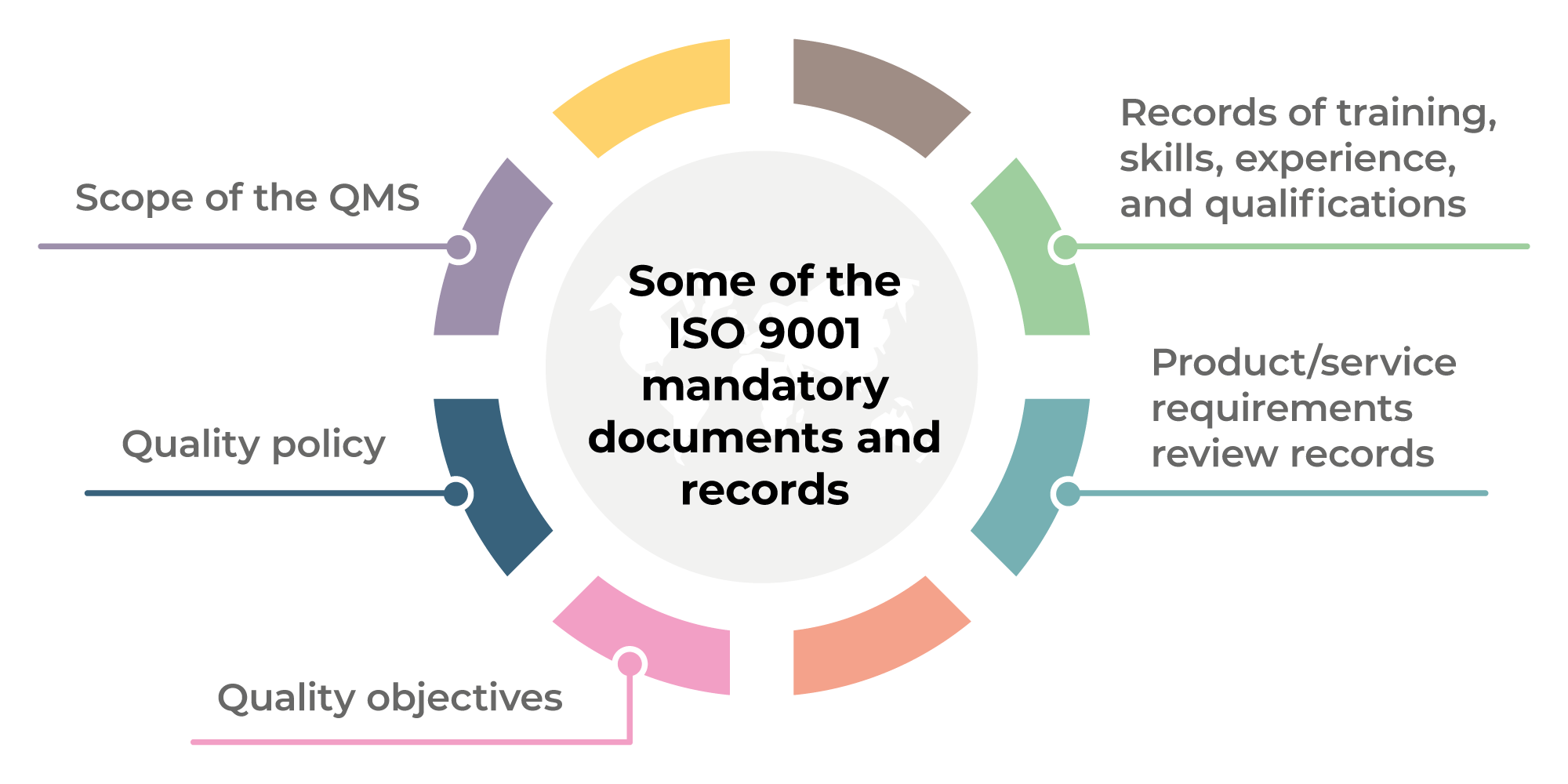
Florida established a home-economy program in 1989 to support waste management education across its 67 counties. Over two-thirds (33%) of counties offer multidisciplinary waste management programs today. These efforts have yielded more than half a millimillion dollars in grant money for source-reduction/recycling programs. In 1990, twenty additional counties will apply for these funds.
Cost of waste management in florida
In Florida, residents pay a fee for solid waste disposal. This fee is added annually to your property tax bill. It can be used for single-family or multi-family properties, as well as mobile homes. The annual rate is $173 per household. The waste management service provides recycling and trash collection services.
The company that handles trash collection in Brevard County has a long history. The company has been serving the county as a trash hauler since 1975. It has a facility in Melbourne and Cocoa and employs about 280 people.

Rate of recycling in florida
The Florida Department of Environmental Protection has released its recycling report 2013 showing that the state’s recycling rate increased by one percentage point. This is a significant increase, and the state is now recycling nearly half of its total solid waste. The state's recycling rate has increased from 9.7 million tonnes in 2012 to 11.8million tons in 2013.
Alachua County was the county with the highest recycling rates in Florida in 2011. The county recycled half of its MSW and this was the second consecutive year. Alachua County had a total of 205.070 tons recycled in that year. This left about 200,000 tons behind.
Management of medical refuse in florida
Florida's medical waste management is highly regulated. It is essential to properly segregate, transport and store biomedical waste. Florida law defines biomedical trash as any kind of solid or liquid waste which could cause infection to the human body. It includes discarded sharps, non-liquid tissue, body fluids, and IV bags.
In 1997, strict emission standards were set by the EPA for medical waste generators. These standards have resulted a decrease in HMIWIs. However, the EPA is still reviewing medical waste incinerator regulations. This is done to make it easier to dispose of biomedical and other wastes in an environmentally responsible manner for medical offices and facilities.

Seminars and public forums on waste management for florida
Using a wide range of methods, waste management experts are working to make waste management in Florida as sustainable as possible. These methods include recycling, source reduction, proper handling of household hazardous materials, and proper disposal. Public forums and seminars are used to train the community on waste management methods. They also work together with business and academic partners in the development of solutions for waste management.
These events are often focused on envisioning the future. The Environmental Symposium, hosted in Jacksonville by the Environmental Protection Board and University of North Florida Institute of Environmental Research and Education brings together community leaders, officials, utility workers, and innovators to support collaboration for environmental success. The program is organized into breakout sessions to allow attendees the opportunity to discuss particular issues.
FAQ
What are the 3 main management styles?
These are the three most common management styles: participative (authoritarian), laissez-faire (leavez-faire), and authoritarian. Each style has its strengths and weaknesses. Which style do you prefer? Why?
Authoritarian – The leader sets a direction and expects everyone follows it. This style works well if an organization is large and stable.
Laissez-faire: The leader lets each person decide for themselves. This approach works best in small, dynamic organizations.
Participative – The leader listens and takes in ideas from all. This style is best for small organizations where everyone feels valued.
What is TQM, exactly?
When manufacturing companies realized that price was not enough to compete, the industrial revolution brought about the quality movement. They needed to improve quality and efficiency if they were going to remain competitive.
Management developed Total Quality Management to address the need for improvement. It focused on all aspects of an organisation's performance. It included continual improvement processes, employee involvement, customer satisfaction, and customer satisfaction.
What are the steps to take in order to make a management decision?
The decision-making process of managers is complicated and multifaceted. It includes many factors such as analysis, strategy planning, implementation and measurement. Evaluation, feedback and feedback are just some of the other factors.
When managing people, the most important thing to remember is that they are just human beings like you and make mistakes. There is always room to improve, especially if your first priority is to yourself.
This video shows you how management makes decisions. We discuss the different types of decisions and why they are important, every manager should know how to navigate them. These topics are covered in this course:
What are your main management skills
Managerial skills are crucial for every business owner, regardless of whether they run a small store in their locality or a large corporation. They include the ability to manage people, finances, resources, time, and space, as well as other factors.
Management Skills are also needed when you're setting goals and objectives, planning strategies, leading teams, motivating employees, resolving problems, creating policies and procedures, and managing change.
As you can see, there are many managerial responsibilities!
What are the five management process?
The five stages of any business are planning, execution, monitoring, review, and evaluation.
Planning involves setting goals for the future. This includes setting goals for the future and defining what you want.
Execution is when you actually execute the plans. You need to make sure they're followed by everyone involved.
Monitoring is checking on progress towards achieving your objectives. Regular reviews should be done of your performance against targets or budgets.
Every year, there are reviews. They provide an opportunity to assess whether everything went well during the year. If not there are changes that can be made to improve the performance next year.
Evaluation takes place after the annual review. It helps identify which aspects worked well and which didn't. It also provides feedback regarding how people performed.
Statistics
- As of 2020, personal bankers or tellers make an average of $32,620 per year, according to the BLS. (wgu.edu)
- Hire the top business lawyers and save up to 60% on legal fees (upcounsel.com)
- The profession is expected to grow 7% by 2028, a bit faster than the national average. (wgu.edu)
- Your choice in Step 5 may very likely be the same or similar to the alternative you placed at the top of your list at the end of Step 4. (umassd.edu)
- Our program is 100% engineered for your success. (online.uc.edu)
External Links
How To
How can you apply 5S to your office?
Your workplace will be more efficient if you organize it properly. A neat desk, tidy space, and well-organized workspace are key to productivity. The five S's (Sort, Shine, Sweep, Separate, and Store) work together to ensure that every inch of space is used efficiently and effectively. This session will go over each of these steps and show how they can be used in any setting.
-
Sort. You can get rid of all papers and clutter, so you don’t waste time looking for what you need. You should place things where you are most likely to use them. If you frequently refer back to something, put it near the place where you look up information or do research. It is important to consider whether or not you actually need something. If it does not serve a purpose, get rid of it.
-
Shine. Do not keep anything that could possibly cause damage or injury to others. It is possible to have too many pens around and not be able to safely store them. A pen holder is a great investment as you won't lose your pens.
-
Sweep. Keep surfaces clean to avoid dirt building up on furniture or other items. A dusting machine is a great investment to keep your surfaces clean. You can also set aside an area to sweep and dust in order to keep your workstation clean.
-
Separate. You will save time when disposing of trash by separating it into separate bins. To make it easier to throw away your trash without having to look for it, trash cans are often strategically placed throughout an office. Make sure that you take advantage of this location by placing trash bags next to each bin so that you don't have to dig through piles of trash to find what you need.